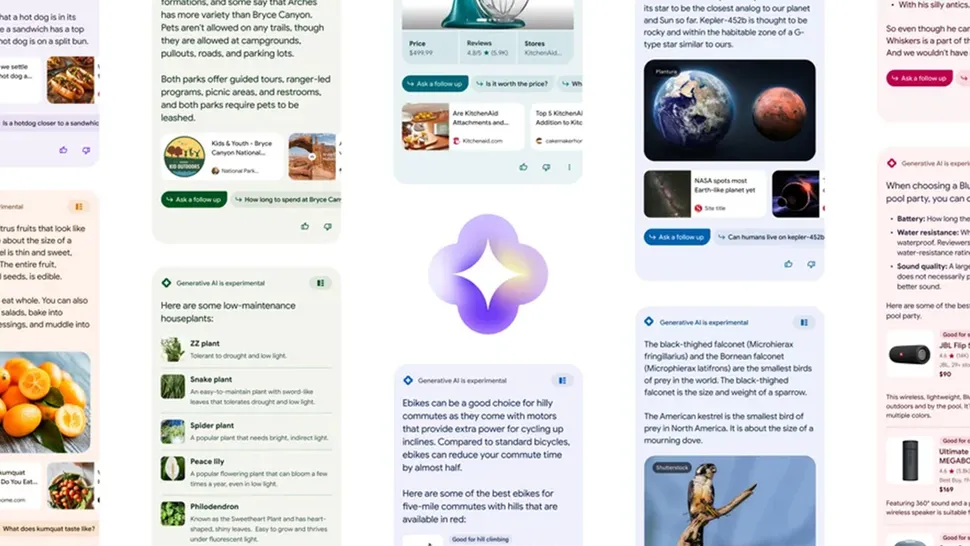Google has reinstated its classic search interface, removing AI enhancements, to provide users with a more traditional and straightforward search experience
Google Search has experienced numerous transformations throughout its history, varying in size but consistently eroding the renowned internet search engine from its initial design.
If you want to observe the evolution of Google Search over time, Google’s official website features an interactive service timeline.
Sure, these enhancements—including the ‘Did you mean…?’ suggestions for typographical errors and the incorporation of additional search modalities such as image, news, and video—were blatantly advantageous for Google as they expanded the search engine’s functionality and versatility.
Other less popular developments include the recent AI-powered ‘Search Generative Experience’ (SGE) and the inescapable presence of sponsored advertisements in search results.
Google has seemingly accomplished the unthinkable by introducing a new ‘web’ setting for the search engine that reverts to the halcyon days of Google Search in 2000 by only displaying text-based links.
Undoubtedly, no images, purchasing results, or AI-generated responses are present.
An enhanced Google search engine
The ‘web’ mode, which has been made available by Google to all users worldwide, is currently accessible via the ‘More’ option located at the top of the search results, just below the search bar.
It has, as expected, generated riotous acclaim on social media platforms.
Numerous Twitter users (like ahem, X) praised Google for the modification, stating that it is precisely what they anticipate from a search engine.
Although disappointing, sponsored text links continue to appear in the web search view.
I assume that’s life. As a digital journalist interested in Google keeping search simple, I am ecstatic to see this change.
Not only do I prefer to conduct my research rather than receive AI-generated nonsense from my online queries, but I also favor Google, which keeps searches simple.
Dangers posed by AI in search
Specifically, I am concerned that Google’s SGE experiment may be destined to fail due to the possibility that it will consume itself.
Undoubtedly, SGE is a potent instrument capable of furnishing users with summaries of the information they seek; however, for this to occur, it requires human-authored content.
When SGE was first introduced, Google provided the query “best Bluetooth speaker for a pool party” as an example.
SGE did indeed generate a list of recommended products that included hyperlinks to retailers’ websites as well as evaluation sites for the suggested speakers.

However, if SGE assumes control, our affiliate and ad revenue and other websites that recommend products could vanish.
In that case, a pivot will be taken: the journalism industry has historically been at the forefront of technological advancements, readily capable of adjusting to the demands of an ever-changing media environment.
Therefore, we will likely devise a novel approach to engage with our audience through direct marketing, newsletters, social media, subscriptions, or any other emerging medium in the coming years.
Nevertheless, should the inclusion of buying guides, recipes, and top-10 lists in Google search results be rendered futile for the sites producing them, several may opt to obstruct Google’s bot from mining such content or, at the very least, refrain from utilizing it to train its LLMs.
If that occurs, Google’s artificial intelligence’s SGE recommendations will progressively lose relevance and utility as the company’s fuel source depletes.
This may appear to be a complaint. “Google is positively destroying our profitability!” Nonetheless, that does not imply there is no issue. Should it be effective, Google may have developed a new version of online searches that self-destructs.
Alternatively, I am ecstatic to witness the triumphant return of “web search” during this period of AI uncertainty. In the end, I have no intention of abandoning Bing.
